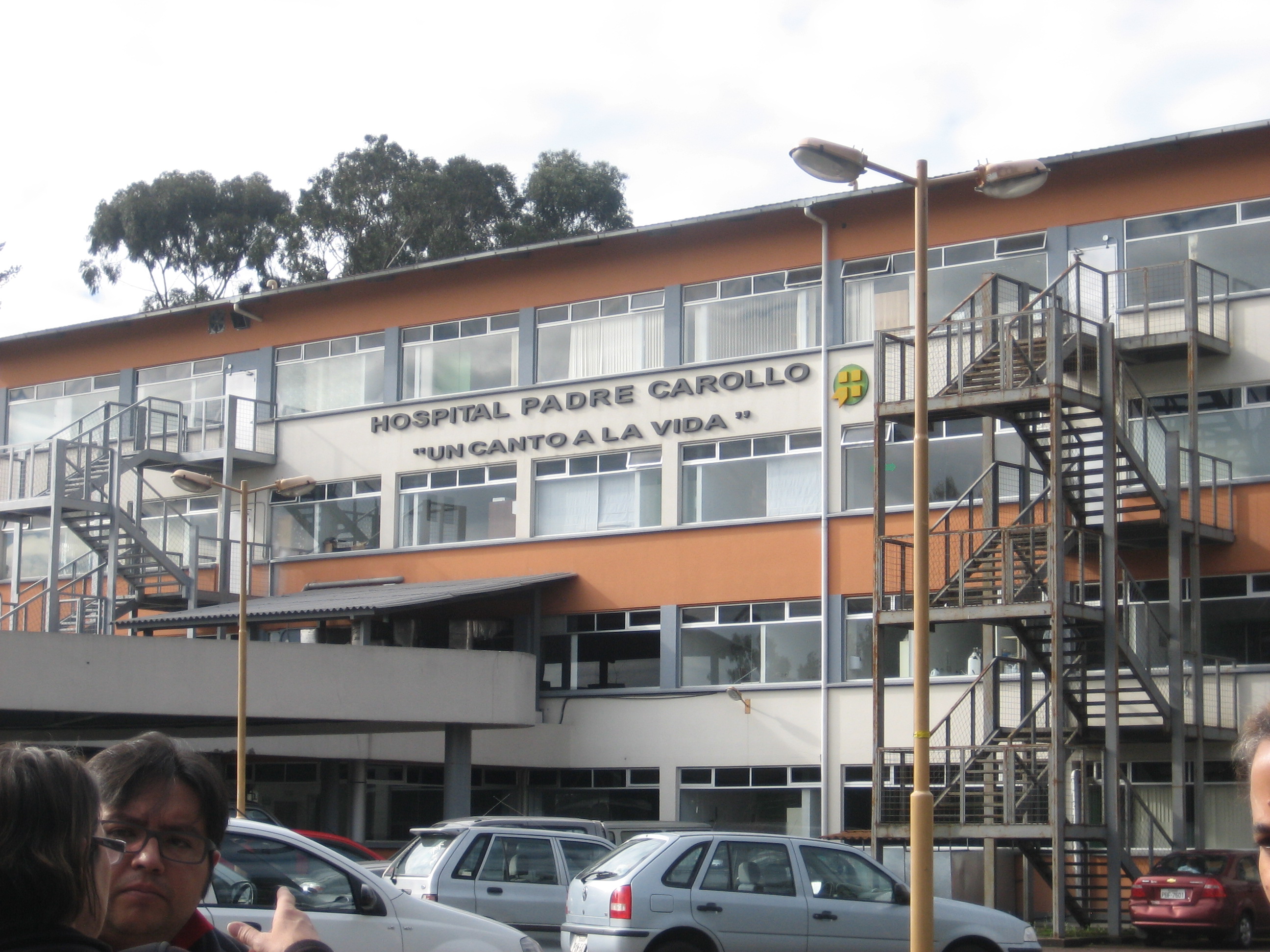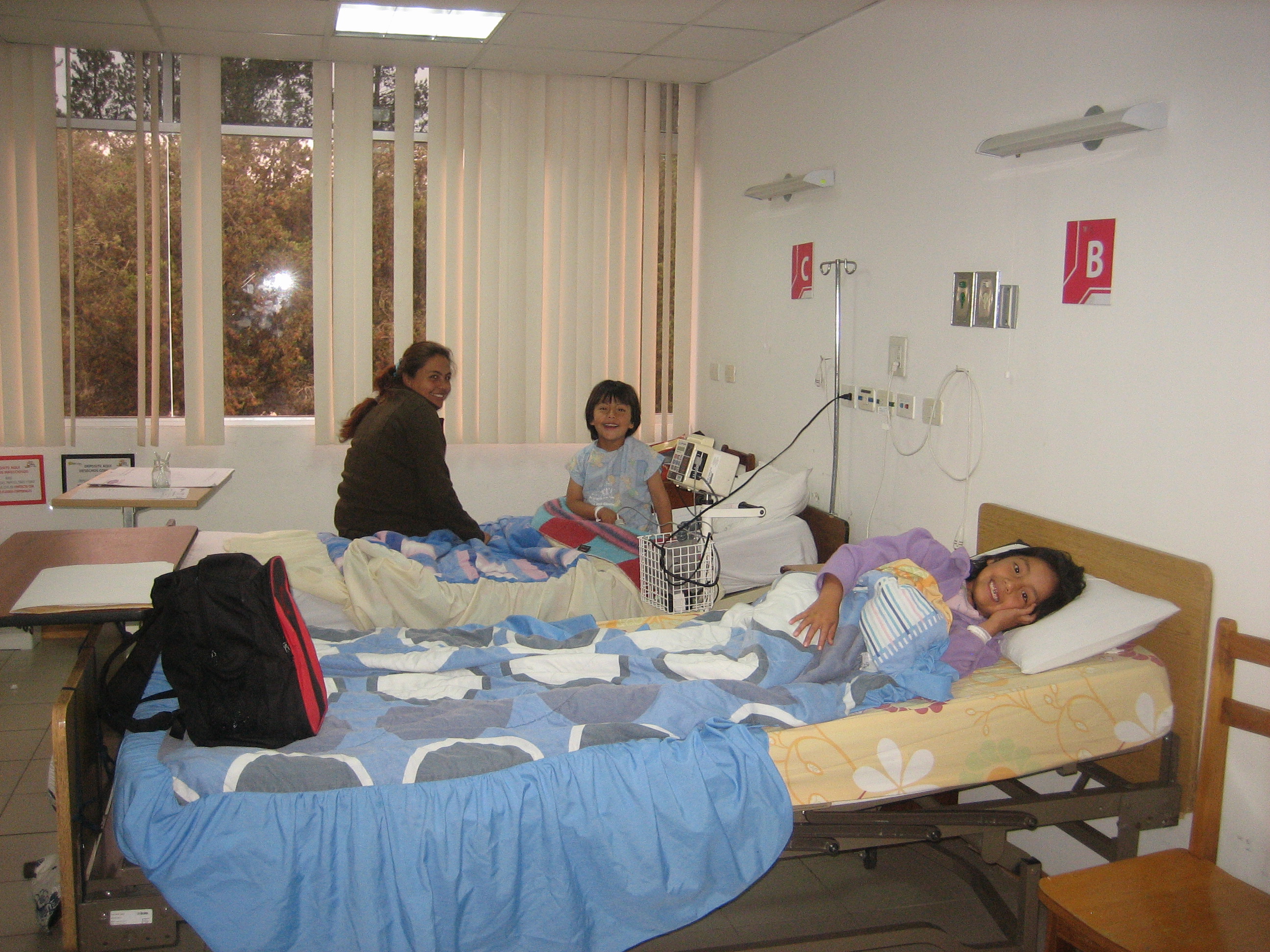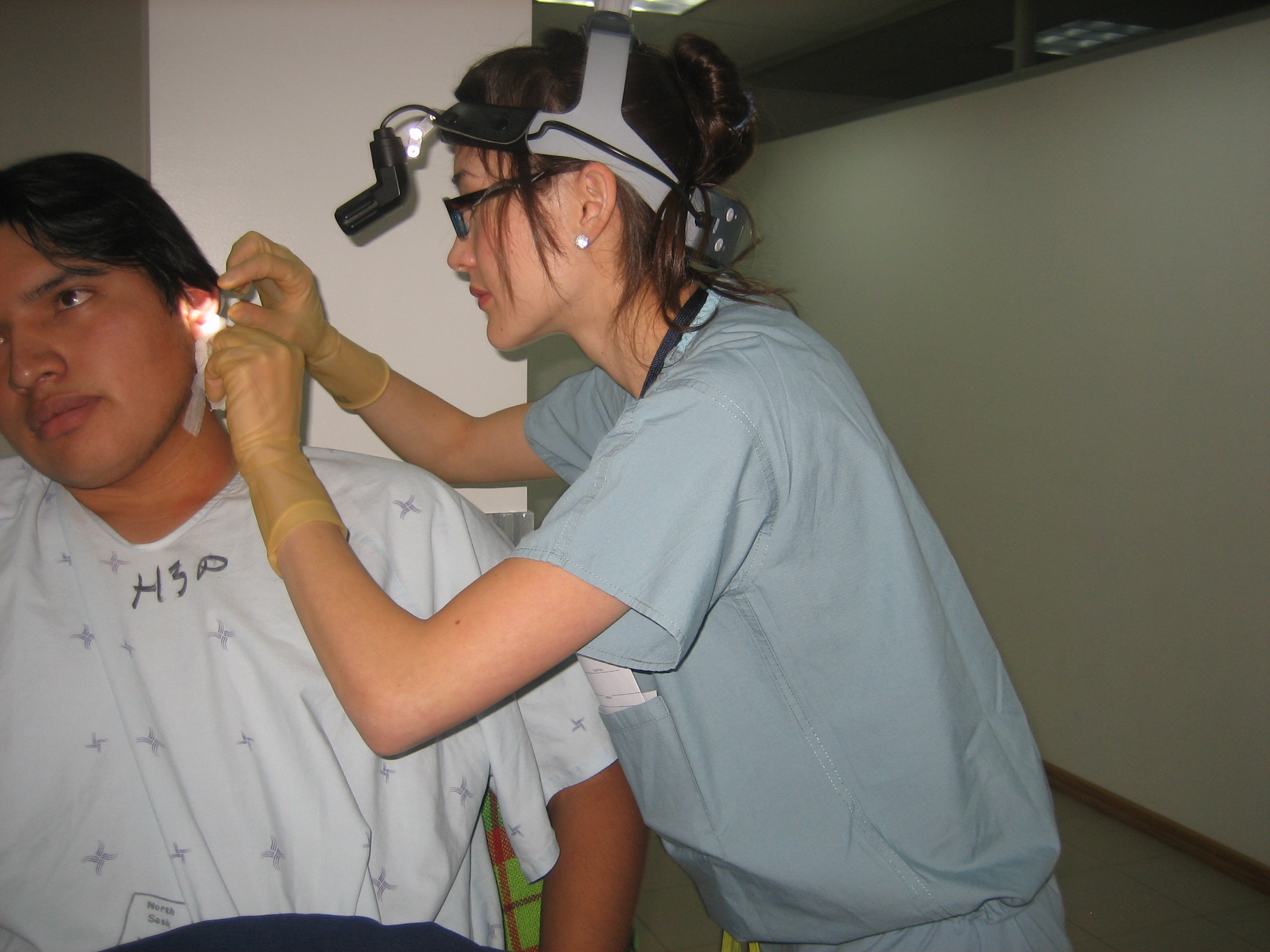Written by Ijeoma Okwandu, MD, PGY-3 at Kaiser Permanente San Francisco Ob/Gyn Residency Program while on Global…
Surgery Overseas – Bay Area Surgical Mission – Tara Song, MD
Posted by Tara Song, MD (a third year Otolaryngology resident from Kaiser Permanente, Oakland while on a global health elective in Quito, Ecuador, with Bay Area Surgical Mission).
I was fortunate enough to participate in a surgical mission to Quito, Ecuador from April 19-27, 2013.
One of my favorite quotes is from Harun Yahya: ” I always wonder why birds stay in the same place when they can fly anywhere in the world. Then I ask myself the same question.”
Kaiser is a unique surgical residency program because residents at all levels are encouraged to participate in global health efforts. As a second year resident in the Department of Head and Neck Surgery (“HNS”), I was able to participate in a surgical mission this year through the support of my Department as well as Kaiser’s Global Health Program.
The HNS residency program provides the opportunity to develop a set of skills that can touch people’s lives in incredible ways. Few things are more gratifying than sharing our skillset as physicians and surgeons with people who are in need of surgical intervention but either cannot afford it or do not have access to the type of surgical expertise that is needed. Taking our efforts abroad is one of the ways we can give back and help people who otherwise would not be able to experience our resources and services.
One of the things that struck me was the incredible coordination of effort that was necessary to make our surgeries abroad possible. Our team spent countless hours planning, gathering supplies and equipment, packing, and ultimately transporting our entire operating room setup to Ecuador. We were responsible for bringing all the essentials that we might need from Anesthesia monitors to surgical tools to medications and surgical dressings. Our team from Kaiser, along with generous donations from several individuals, made this possible.
We arrived at our hotel in Quito around 2:00 a.m on Sunday morning. We stayed in the old town neighborhood, a historic region of the city and a draw for visitors because of its cultural beauty and the number of activities and notable sites concentrated in the area. We finally made it to bed around 3:00 a.m. and were up for breakfast at 6:30 a.m. – a beautiful spread of toast, fruit, and eggs. After eating, we boarded a large bus for the 45-minute ride to Hospital Padre Carollo, where we would be operating.
Hospital Padre Carollo is run by a foundation known as Tierra Nueva. Tierra Nueva is a large nonprofit organization founded by the late Father José Carollo. Father Carollo was a relentless advocate for the poor, and he began Tierra Nueva as a social services center for Quito’s poorest citizens. There is a beautiful saying posted on the front of the hospital that can be seen by all as they pass by – “ Un Canto A La Vida” – which means “A Song of Life” or “An Ode to Life.”
Our first day at the hospital was used to set up a busy pre-operative clinic and unpack our supplies. While the surgeons met countless patients and consented patients for surgery for the week, the OR staff organized our equipment and stocked the operating rooms that we would be using. Patients waited for hours as we addressed each surgical issue, screening candidates for thyroid surgery, parotid surgery, tonsillectomies and adenoidectomies, and ear surgery to name a few. At the end of a long day, the team was ready for food and rest. After the bus ride to the hotel, we had supper at a local restaurant where adventurous members of the team tried the local “qui”, or roast guinnea pig.
The surgeries began on Monday morning. It was inspiring to see our nursing staff and anest
esia colleagues set up the ORs and successfully cope with the limited supplies available to us. What an incredible job they did! Since the local surgical teams were operating at the same time, we were very conscientious to respect their OR rules and protocols. Things as simple as where we could and couldn’t wear scrubs and when our shoes had to be covered took adjustment but we soon fell into the flow.
Between cases, additional patients would arrive and we would evaluate them. A case that stands out in my mind was a young man who had a left sided nasal obstruction after suffering several blows to the face over a year before. He was jumped by robbers, who took his belongings and hit him in the face, fracturing his nasal bones and collapsing the left side of his nose. His nasal defect was obvious in looking at his outward appearance, but his real complaint was the difficulty he had in breathing. He reported that it was interfering with his sleep and making it challenging to be active. We signed him up for a septorhinoplasty to correct the nasal collapse, straighten his septum, and try to restore a more normal looking nose. The patient was thrilled that we would be able to help him.
The morning that the patient was scheduled to undergo surgery, we saw him in the hallway and he beckoned us aside. Via interpreter, he explained that his wife had been scheduled to undergo a hernia repair the day before but given the large volume of general surgery cases, her surgery had been postponed until today. The patient described how he wanted to be there for his wife after her surgery and as a result was willing to sacrifice his own procedure. He didn’t feel like he could proceed with his surgery and still be there to take care of his wife when she came out of the OR. We offered him surgery the following day – his wife would be discharged by that time and he could get the care he needed. Looking down, he described how his job would not allow him to miss another day. We discussed that it might be months or years before another Head and Neck Surgery team is able to return and see him. He nodded his head in understanding. He had made it all the way to the hospital, sought our care and surgical expertise, and eventually had to forgo the needed procedure. Unfortunately, there is only so much we can do to help.
My experience with this patient illustrates that there are indeed limitations to our outreach efforts. Many patients will go unseen secondary to issues with access and time from both the patients’ and the surgeons’ perspectives. While we do our best, there will always be the need for more health care services. I believe, however, that this should serve as motivation and not discouragement. My experiences in Ecuador leave me eagerly anticipating my next surgical mission trip. The experience has helped put my training and practice into perspective and I think it is an integral part of our training as residents. I would like to thank the Kaiser Global Health Foundation, all of my faculty mentors, and the volunteer team who participated for their support.



I truly love your website.. Great colors & theme. Did you make this amazing site yourself?
Please reply back as I’m planning to create my own blog and want to find
out where you got this from or exactly what the theme is called.
Thank you!